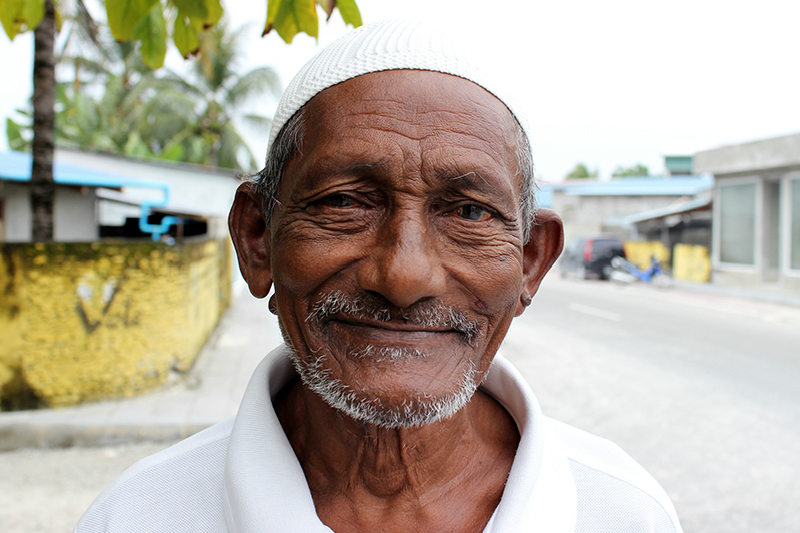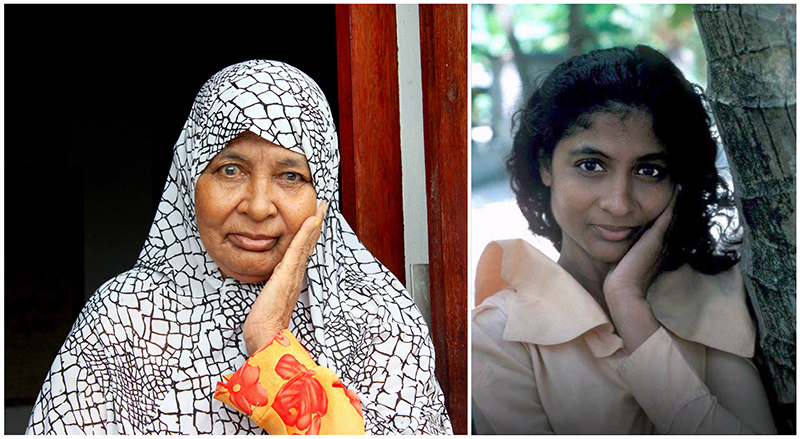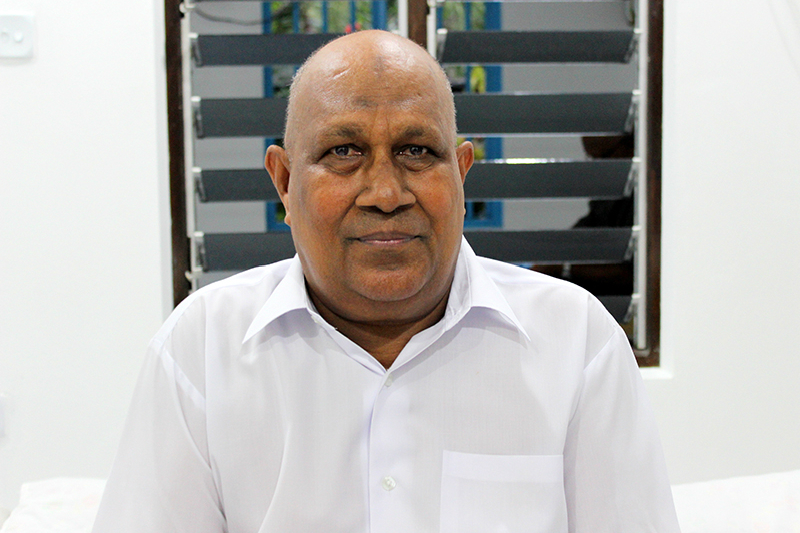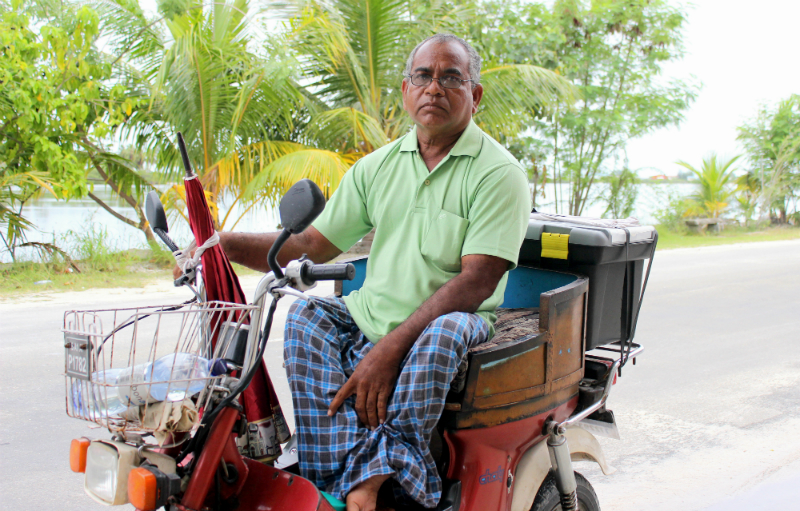This article first appeared in The Times on March 19.
The Maldives’ tourist board continues to beam its slogan “the sunny side of life” through calls to boycott the islands over the recent 13 years’ imprisonment of former President Mohamed Nasheed, the first democratically elected President. Richard Branson tweeted that this latest action by those in power had gone “beyond a joke”. A joke legal system is not funny.
Educated in the UK, Mr. Nasheed’s stated and largely executed aims are introducing and enforcing fundamental rights in compliance with international law. He was attempting to drive the Maldives into a democratic structure after the 30-year dictatorship of Maumoon Abdul Gayoom. The current Constitution was enacted on 7 August 2008, the State’s first ever multi-party presidential elections with international pre-requisite rights took place between October 2008 and 9th May 2009.
On 5th February 2011 the Maldives held its first ever multi-party local elections as required under the Constitution and newly enacted Decentralization Act. In 2009 former President Nasheed addressed issues of press freedom so as to raise the Maldives out of a ranking of 129 out of 169 countries to 51/52. He became a global leader against climate change and his charisma on the world stage led to David Cameron, in an interview in November 2011, describing him as “my new best friend”.
The former President also made unpopular attempts at judicial reform including entrenching judicial independence in the Constitution. Many Judges in the Maldives are poorly educated with no legal training, including those who ultimately tried and convicted the former President. In a preliminary statement, following hearings in 2012, the UN Human Rights Committee stated that it is “deeply concerned about the state of the judiciary in the Maldives” and “the state has admitted that this body’s independence is seriously compromised.
Mohamed Nasheed lost power on 7 February 2012 in an alleged coup. In April 2013, the former President was charged with abusing his powers through the unlawful arrest and island detention of Chief Judge Mohamed Abdulla on 17 January 2012. This charge was withdrawn on 16th February 2015 but then in a surprise move, re-emerged on 22nd February 2015, based on the same allegation, as a terrorism charge.
The Former President was taken from his home on that date and detained in Dhoonidho prison, an institution with inglorious association with torture.
The accusation of the detention of a Judge is a serious matter but the underlying narrative cannot be ignored. In early 2012, the former President was fighting to hold power and stability. The Maldives was aflame with language of incitement against the former President and his reforms. There were even calls to arrest and flog the former UN High Commissioner for Human Rights, Navi Pillay after she had suggested in Parliament that punishment by flogging should be reviewed (in line with the International Covenant of Civil and Political Rights). The Maldives Parliamentary Select Committee subsequently found the President to have been under life or death pressures. During the UN Human Rights Committee’s session in 2012 a panel member noted the “troubling role of the judiciary at the centre” of the disputed free transfer of power on February 7th 2012.
Whilst an action of unlawful detention against a Judge cannot be ignored, context and public interest also should not be ignored when exercising the discretion to prosecute. Alternatives such as an Independent Public Inquiry could have been considered.
The former President’s trial proceeded over 19 days, often late at night. Two of the Judges also were witnesses in the case. They refused to recuse themselves. The defence was refused the right to call witnesses in its own defence. Judge Didi referred to the former President needing to prove his innocence rather than there being a presumption of innocence. On the 9th March 2015 the defence lawyers withdrew from the case after repeatedly having been refused time to prepare.
On the 13th March 2015 the Former President stood alone as he was convicted and sentenced to the near maximum term of imprisonment.
But whilst the circus court is dismantled after its recent performance, it is democracy opponents that are cheering the loudest.
Kirsty Brimelow QC is a barrister with London’s Doughty Street Chambers. She has represented the Chief Justice of Trinidad and Tobago and the Chief Justice of Gibraltar, and currently is acting for the former President of the Maldives Mohamed Nasheed.
All comment pieces are the sole view of the author and do not reflect the editorial policy of Minivan News. If you would like to write an opinion piece, please send proposals to [email protected]
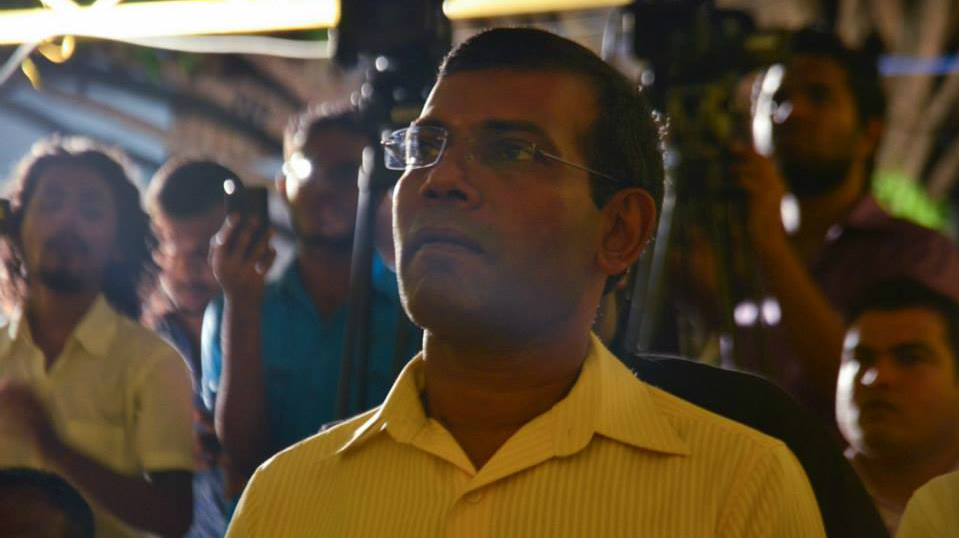
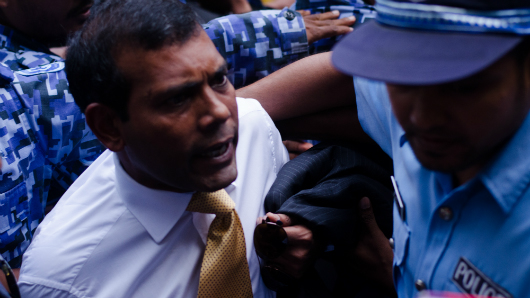
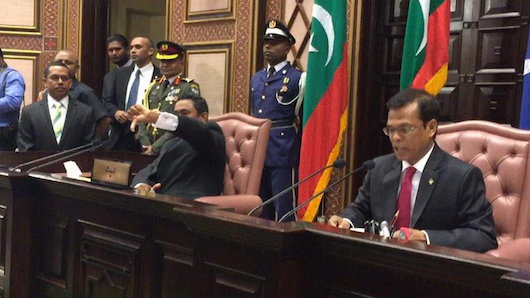
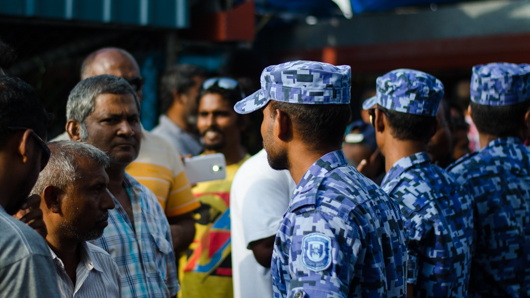
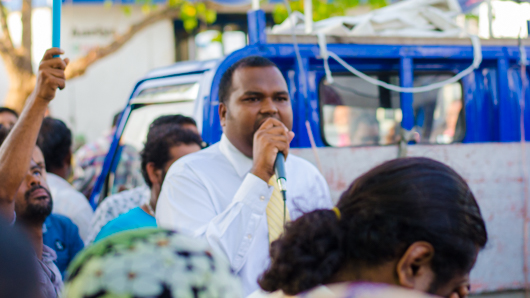
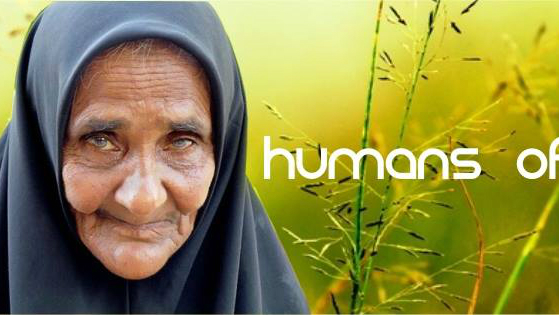
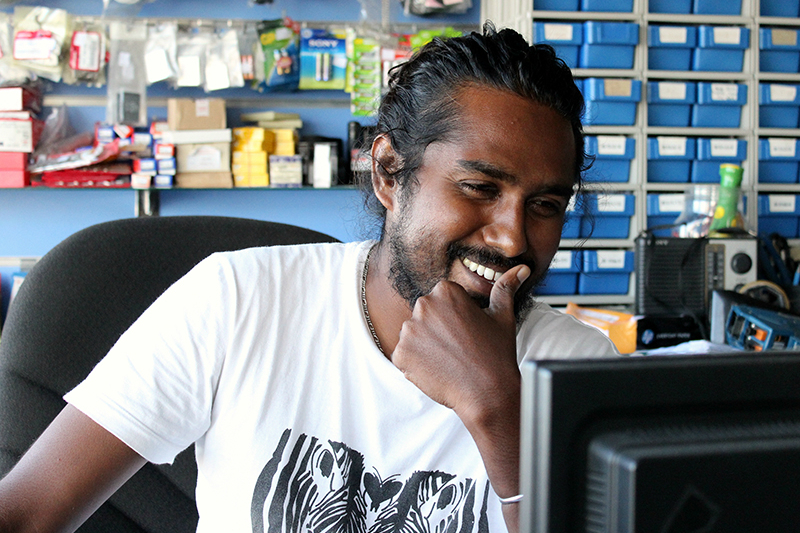
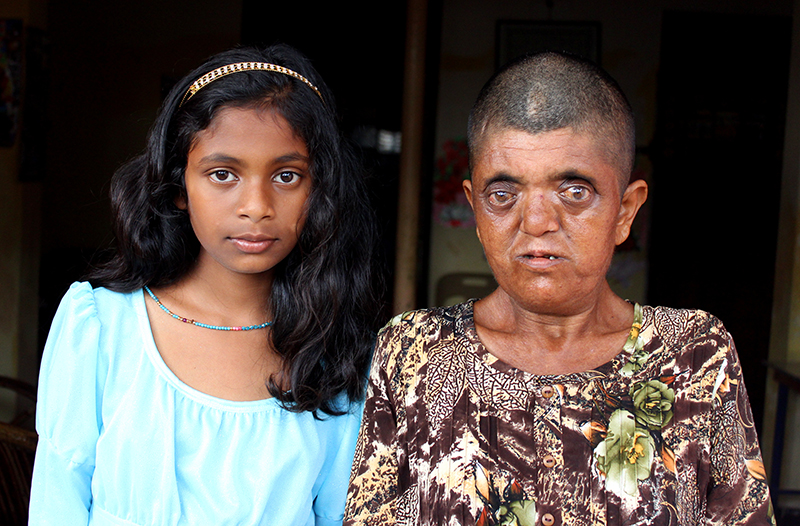

!["After graduation, I left India and worked in a lot of places. [I] started working at the central hospital Male' in 1984. I changed to Addu Hithadhoo Regional Hospital in 1985. One year later, I met my wife who is from Addu. We got married in 1988 and have two wonderful children now.”](https://minivannewsarchive.com/cmsMUIH10/../files/2015/03/Copy-of-menan.jpg)
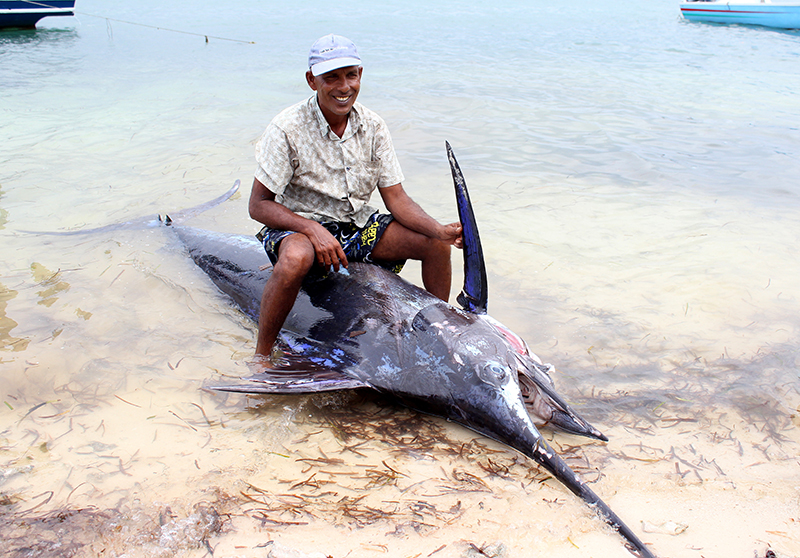
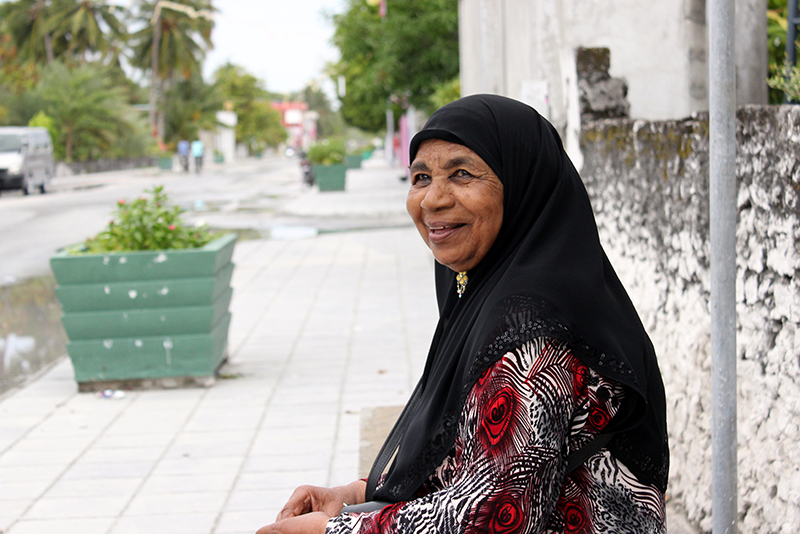
![“[M]any years ago in Male’ I was loading some oil barrels, when one of it fell on me...It was only when I was being prepared for burial at the cemetery, one of the people realized I still had pulse and rushed me back to the hospital again...I guess it wasn’t my time to leave."](https://minivannewsarchive.com/cmsMUIH10/../files/2015/03/Copy-of-hajjiallaageIbra.jpg)
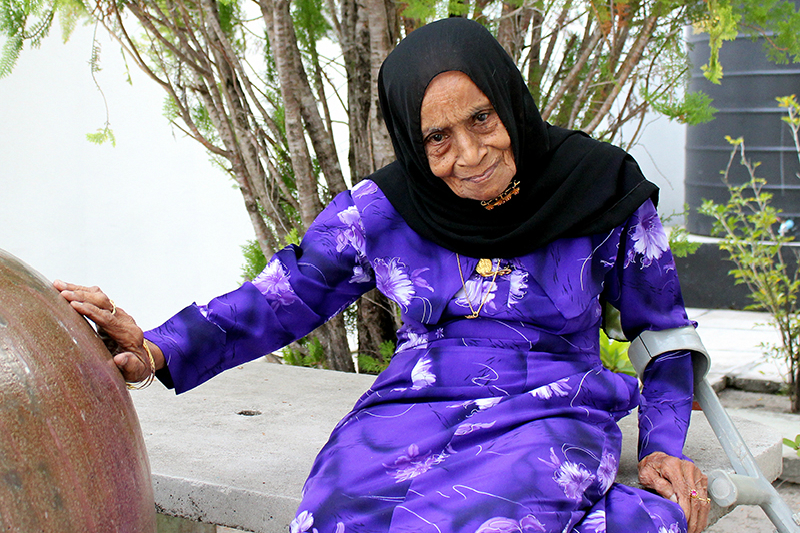
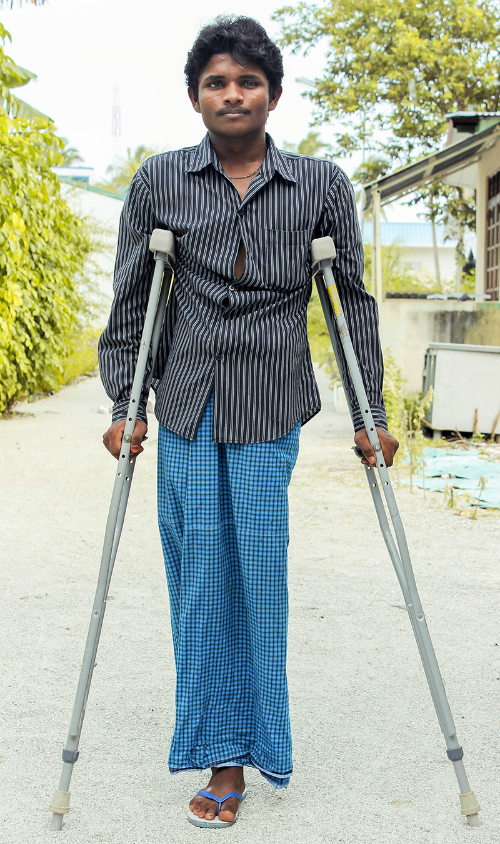
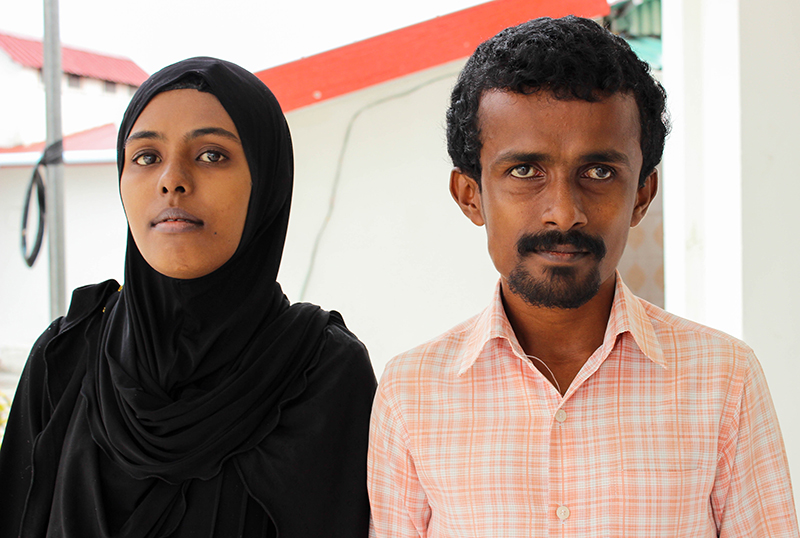
!["[In 1959] Five of us set sail to Malé, towards Huvadhoo sea the wind died down and we started drifting...So we sailed to Yemen...After 5 days of rough weather we reached calm waters near Socotra and finally reached port after 17 days...After a few days we set sail to Addu and reached home in 46 days."](https://minivannewsarchive.com/cmsMUIH10/../files/2015/03/Copy-of-IMG_3123.jpg)
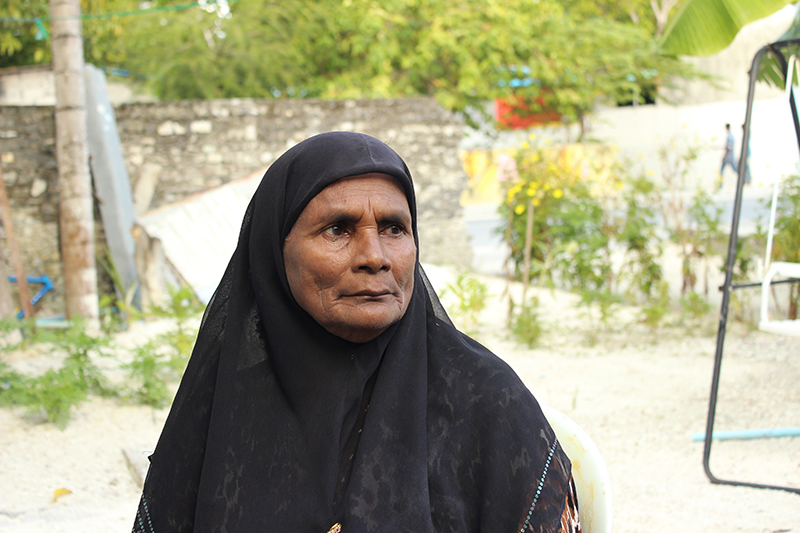
!["Things went from bad to worse when the war [in Bosnia] started and at some point I became a civilian prisoner...I went from one embassy to another looking for chance to get out of the mess but in vain. So I had to find my own way out and I found the Maldives.”](https://minivannewsarchive.com/cmsMUIH10/../files/2015/03/Copy-of-bosnia.jpg)
